Boris Johnson bails out of state visit to Australia
Boris Johnson has been forced to cancel a visit to Australia as he battles for his political life over the ‘Partygate’ scandal.
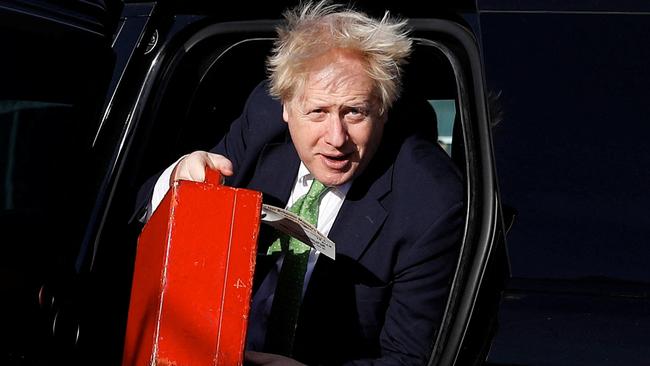
Boris Johnson has been forced to cancel a visit to Australia as he battles for his political life over the Number 10 “Partygate” scandal.
Within the past few days, the British Prime Minister pulled out of the visit, which had been scheduled to take place in a parliamentary sitting week, over the next few weeks.
The Morrison government had invited Mr Johnson to Australia on a state visit, the most formal and highest level of visit for any international statesman.
The Morrison government planned to award every courtesy and honour to Mr Johnson, who was scheduled to address a joint sitting of the houses of parliament in Canberra, as then British prime minister Tony Blair did in 2006 during the last term of the Howard government.
At the time, Mr Blair was increasingly unpopular at home because of the fallout of the allied invasion of Iraq but received a rapturous reception in Australia.
It was on this visit that Mr Blair and Mr Howard agreed to the establishment of the annual dialogue between the countries’ defence and foreign ministers, known as AUKMIN, which recently had its latest incarnation in Sydney.
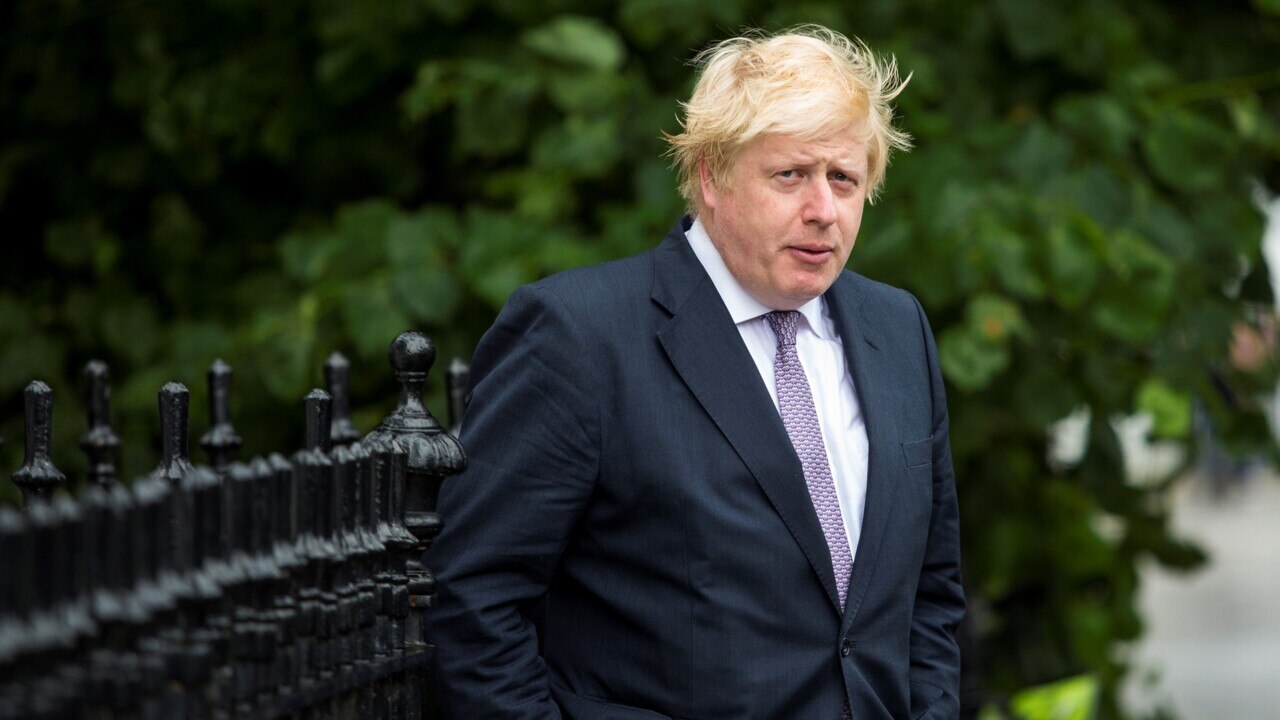
Mr Johnson’s proposed Australian visit was discussed privately at the AUKMIN meeting.
In his address to parliament and in his discussions with Scott Morrison and Australian cabinet ministers, Mr Johnson would have taken the AUKUS agreement forward.
He is a brilliant speechmaker, and his declaration in the Australian parliament may well have gone a long way to entrenching AUKUS as a bipartisan effort in both Britain and Australia.
AUKUS brings the US, Britain and Australia together for the purpose of Australia acquiring nuclear powered submarines, and for wider hi-tech collaboration.
Mr Johnson is under intense political pressure, with both the Labour opposition and several of his own party MPs calling on him to resign after it was revealed that during lockdown he attended, and in some cases seems to have approved, social gatherings or parties in the grounds or rooms of the Prime Minister’s offices in No 10 Downing St, and in at least one alleged case, in his private flat above No 11 Downing St.
Some of these gatherings were criticised in an interim report by senior civil servant Sue Grey, who said they demonstrated poor leadership.
She also criticised a culture of excessive drinking at some events.
Most of the alleged gatherings, some attended by Mr Johnson, are now subject to investigation by the London Metropolitan Police to determine whether they constitute legal offences under lockdown rules that applied when they were held. These are not potential criminal offences but could involve some of Mr Johnson’s colleagues, or even the Prime Minister himself, being liable for a fixed fine. Mr Johnson has apologised in the House of Commons for the gatherings, and for the way the controversy has been handled.


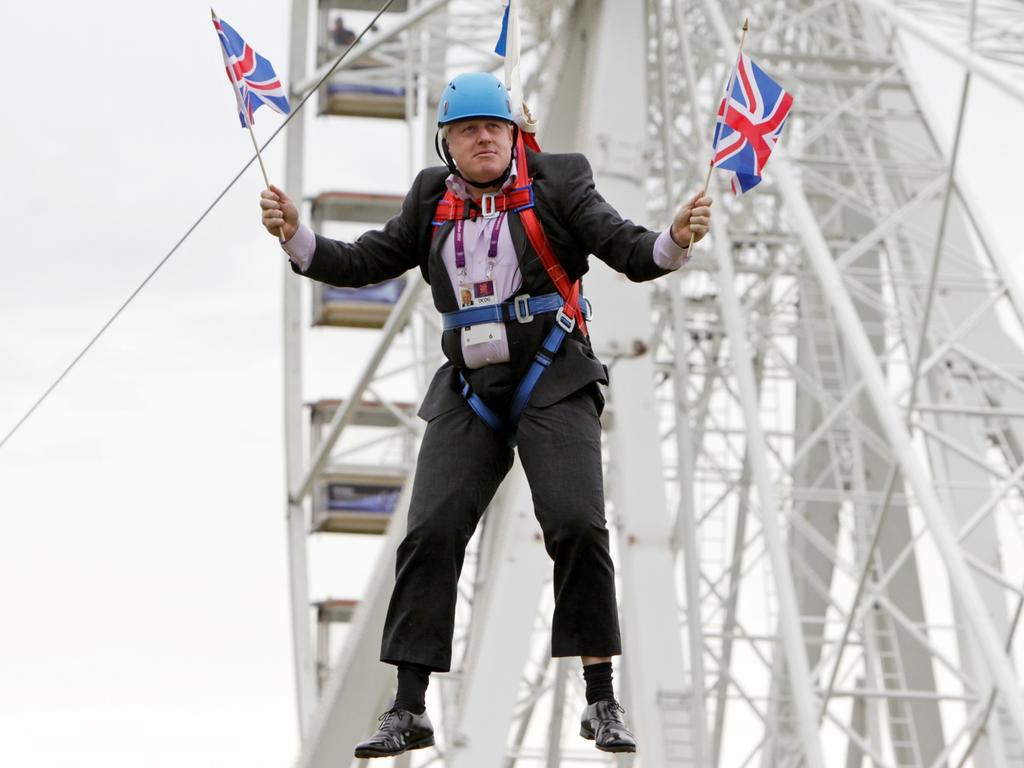
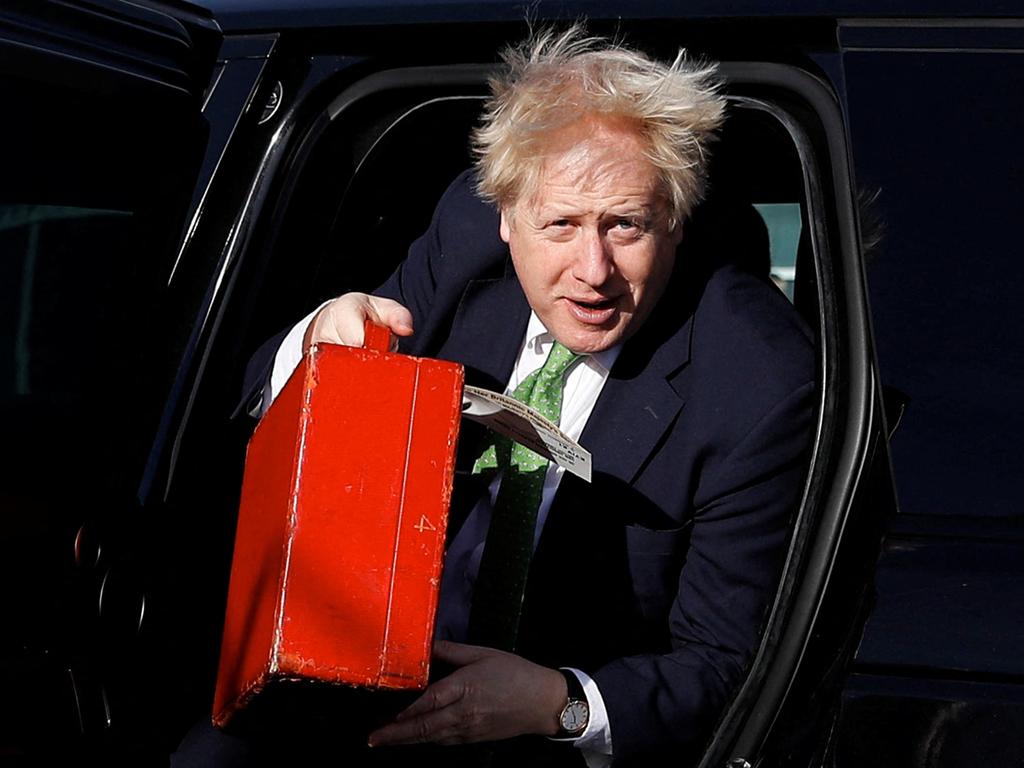
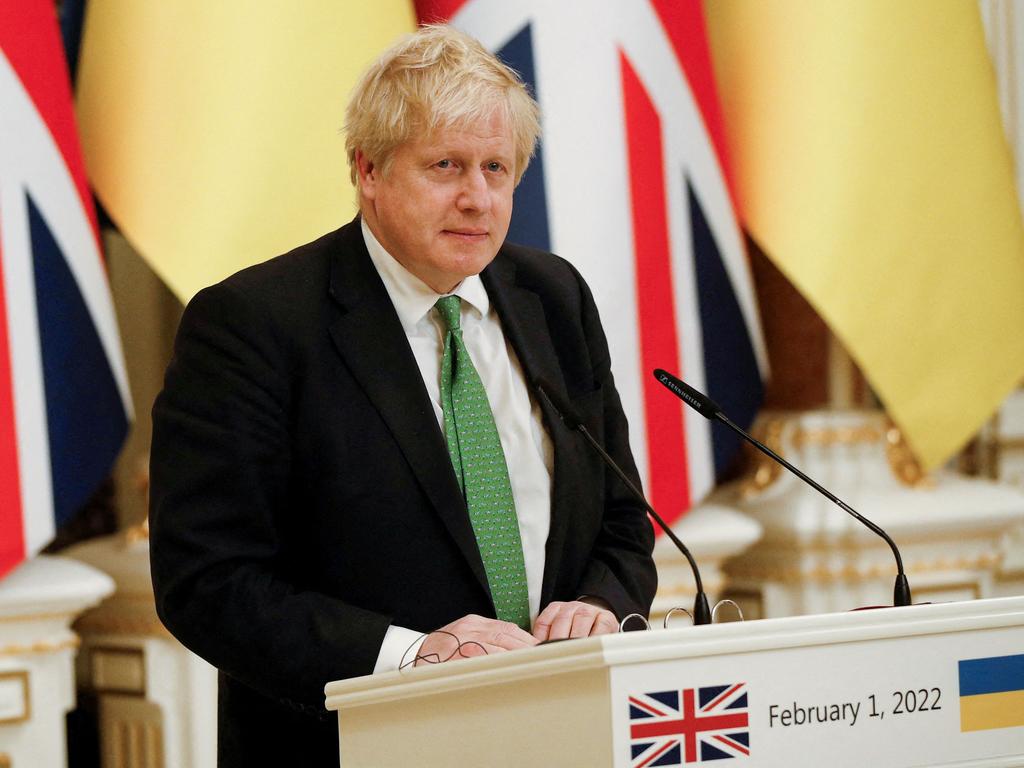
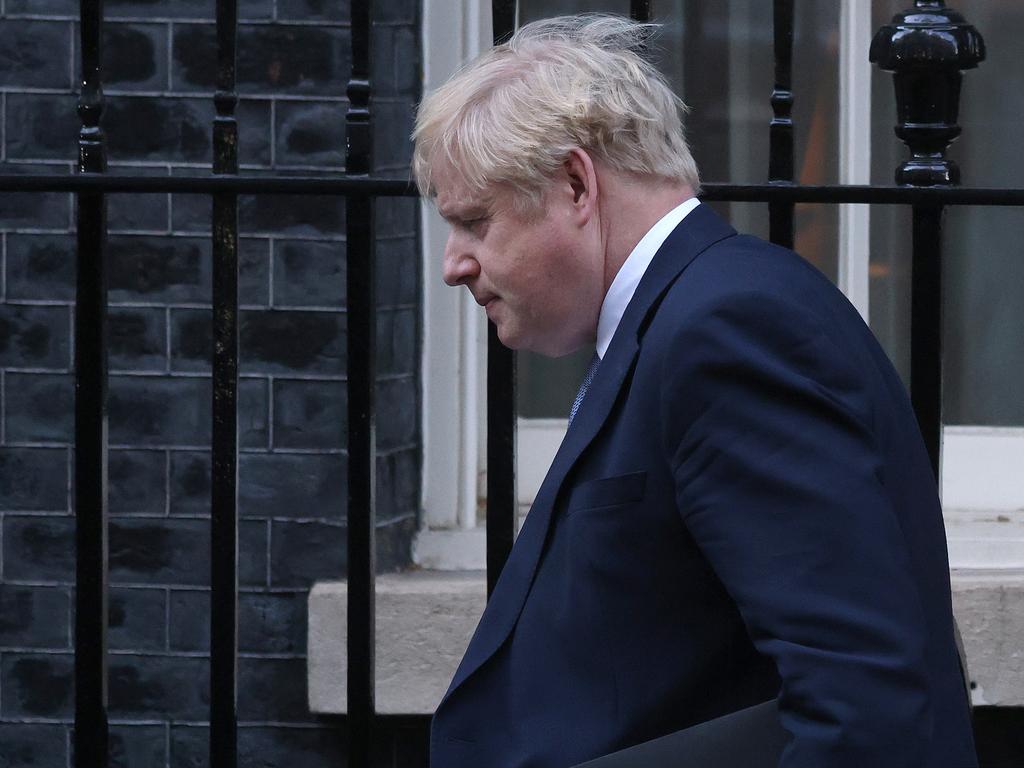
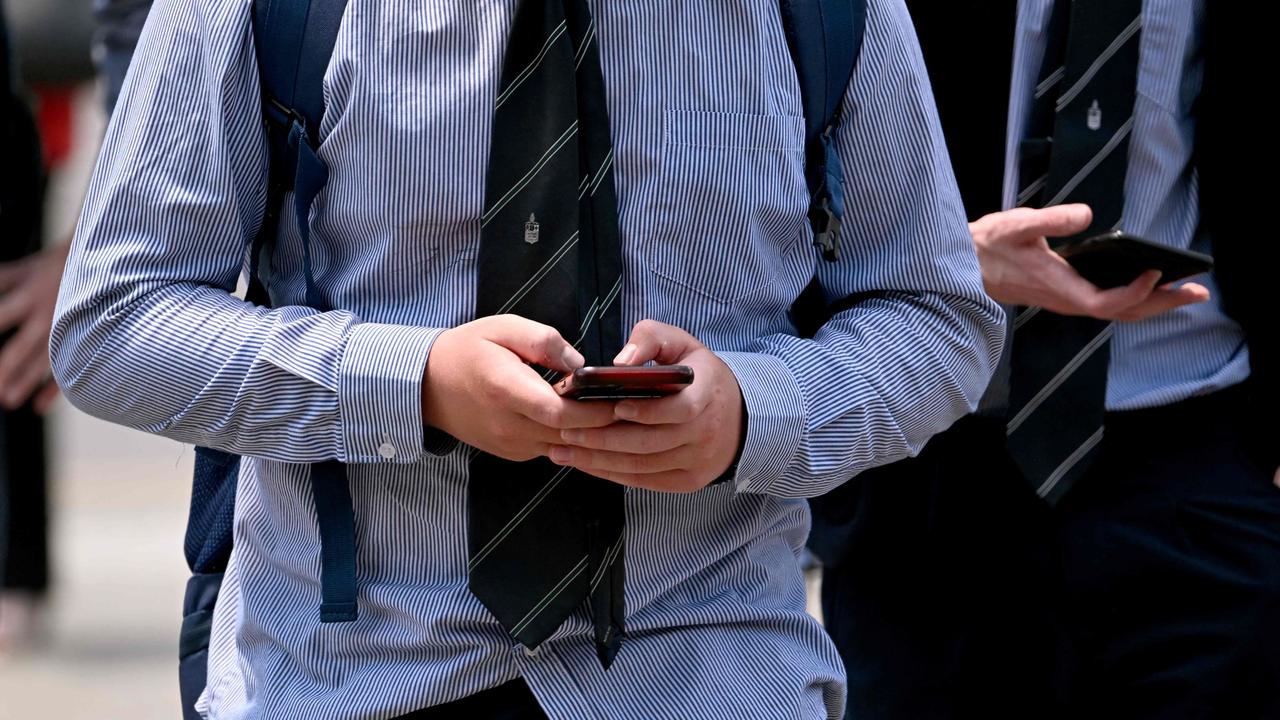
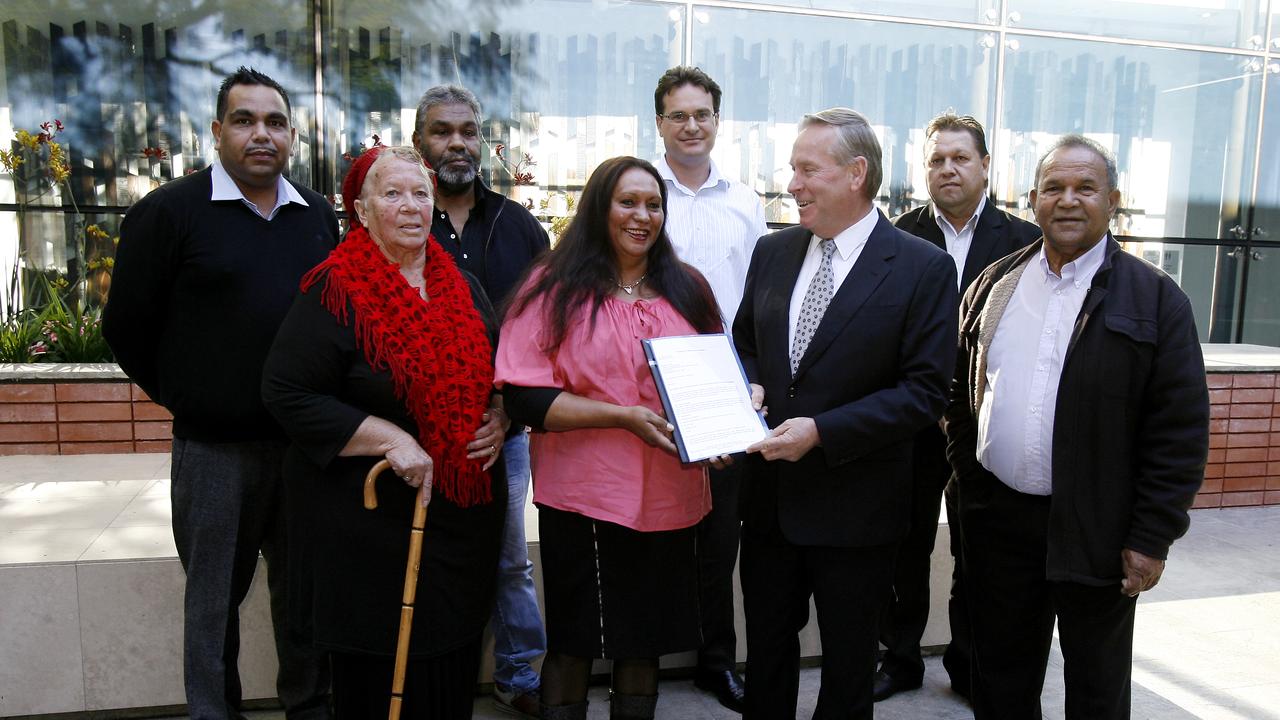
To join the conversation, please log in. Don't have an account? Register
Join the conversation, you are commenting as Logout